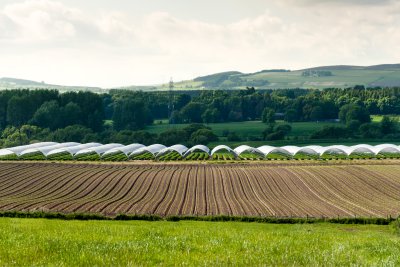Sustain: Sustain The alliance for better food and farming advocates food and agriculture policies and practices that enhance the health and welfare of people and animals, improve the working and living environment, enrich society and culture and promote equity.

EU scientists find benefits in organic growing and eating
A detailed report for the European Parliament concludes that organic foods can protect human health and also, crucially, help to avert the crisis of antibiotic resistance.
The report, compiled by the European Parliamentary Research Service, is very measured in its approach, which may make its findings more persuasive to sceptics. It notes that there has been very little research on the impacts of organic food on human health, and benefits are hard to ascribe to organics alone, because organic consumers tend to have healthier dietary patterns overall.
Nevertheless there are some clear 'wins' for organic food. Reduced exposure to pesticides, especially during pregnancy and early childhood, avoids the dangers to cognitive development that these chemicals are known to pose. Perhaps most importantly, in the authors' view, there are indications that organic crops have a lower cadmium content than conventional crops, due to differences in fertiliser usage and soil organic matter. This is highly relevant to human health.
Another key issue is the the widespread use of antibiotics in conventional livestock farming, which is is one of the main drivers of antibiotic resistance. The report finds that the prevention of animal disease and more restrictive use of antibiotics, as practised in organic production, could minimise this risk, with potentially considerable benefits for public health.
Sustain
The Green House
244-254 Cambridge Heath Road
London E2 9DA
020 3559 6777
sustain@sustainweb.org
Sustain advocates food and agriculture policies and practices that enhance the health and welfare of people and animals, improve the working and living environment, promote equity and enrich society and culture.
© Sustain 2026
Registered charity (no. 1018643)
Data privacy & cookies
Icons by Icons8







